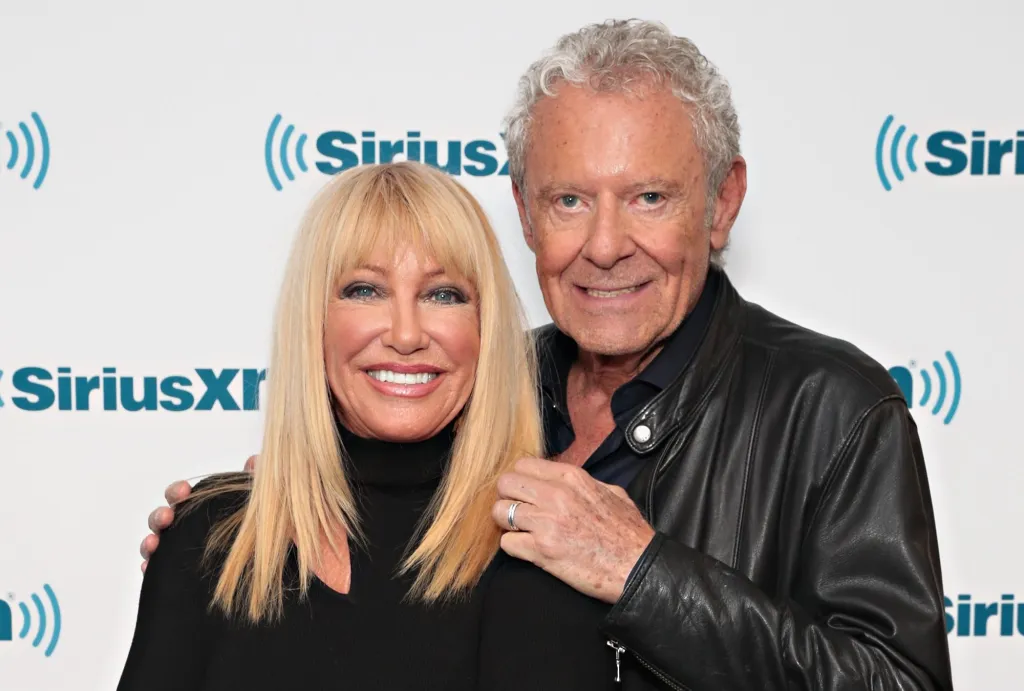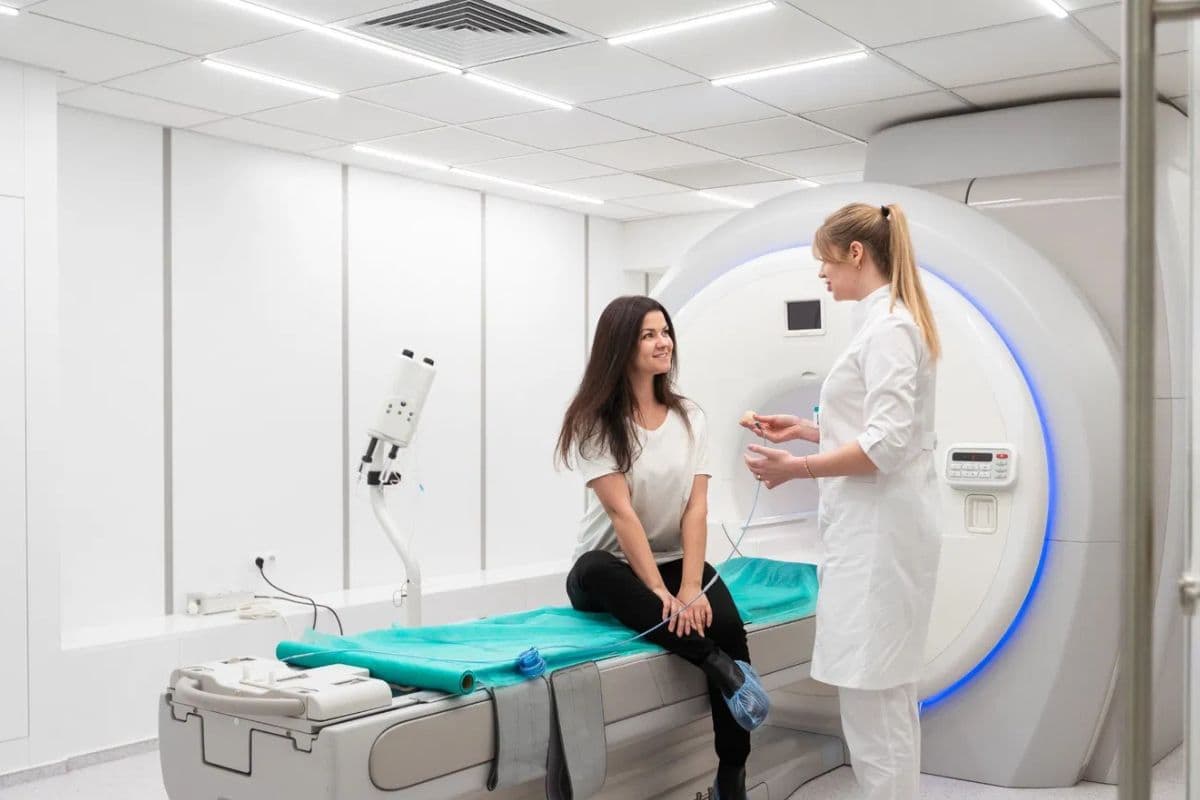Copyright forbes

90% of the prescriptions Americans rely upon are generic drugs. Most of them, or their key ingredients, are manufactured overseas The U.S. spent $722.5 billion on pharmaceuticals in 2023. Although brand-name drugs consume four out of every 5 dollars America spends on prescription medicine, they account for less than 10 percent of prescriptions. The other 90% are relatively inexpensive generic drugs. “Inexpensive” does not mean “unimportant.” Generic drugs are mainstays of hospital ICU and ER care, as well as treatment of diabetes, high blood pressure, heart disease, infections and many other health conditions. Unfortunately, the long-held assumption that all generic drugs are equally safe and effective is false. Nevertheless, until recently Congress and the White House largely focused on brand-name drugs, the companies that make them and the middlemen who supply them. As a result, generic drugs – most of which are manufactured overseas - received little attention. That’s about to change. The Long-Overlooked Problem With Generic Drugs In a Stanford white paper that proposed options to reduce prescription drug costs, Drs. Kavita Patel and Kevin Schuman succinctly summarized the benefits and challenges of America’s reliance on imported generic drugs: “The availability of generic drugs at a fraction of the price of the original brand-name product offers the potential to improve adherence through decreased out-of-pocket costs to patients. However, these benefits accrue only if generic products retain the quality and pharmacokinetics of the originator product. For many products, generic markets are very mature, with aggressive competition driving down the price of products for manufacturers. Under these conditions, manufacturers may not have an ability to invest in high-quality manufacturing processes. These factors have led to frequent drug shortages, including of the essential cancer drug Cisplatin in 2023, and to the discovery of poor-quality generic drugs leading to recalls of diabetes and cardiac medications. Consumers are left unaware of these economics and how they may impact the quality of generic medications. In essence, the Federal government is paying for poor-quality products and the adverse health effects that result. It is the equivalent of the government buying 1-star quality products through an online merchant, something most of us would never do.” MORE FOR YOU Congress Is Paying Attention On October 15, Senator Rick Scott (R-FL), Chair of the Senate Select Committee on Aging, published a blistering editorial in The Hill. In it, he observed: “The U.S. currently relies on overseas manufacturers for approximately 75 percent of its essential drug supply, with Communist China and India as two of the largest contributors. Of the top 100 generic medicines consumed in the U.S., 83 percent of them contain no American-sourced Active Pharmaceutical Ingredients (APIs).” Senator Scott went on to note that foreign drug plants aren’t subject to the same level of [FDA] oversight as U.S. plants. He cited a former FDA inspector who testified that he observed problems with “falsified quality reports, a lack of routine testing, unregistered “shadow” facilities pushing low-quality drugs through approved sites, and site checks announced months in advance, allowing facilities to…cover up dangerous practices.” In addition to quality concerns, Sen. Scott highlighted the vulnerability of America’s drug supply chain. Recurring shortages of various medicines already cause serious problems. An embargo would be far worse. China’s recent clampdown on exports of rare earths—minerals used to make everything from computer chips to missiles—demonstrates its willingness to restrict key exports to the U.S. The Trump Administration Is Taking Action The same day Sen. Scott’s editorial appeared, the Food and Drug Administration (FDA) rolled out the “Commissioner’s National Priority Voucher (CNPV) program. It is intended to provide an opportunity for developers of prescription drugs and biological products “aligned with critical U.S. national health priorities…to reduce product application or efficacy supplement (ES) review times from 10-12 months to just 1-2 months.” The next day, the FDA announced the first nine recipients of CNPC vouchers. Two of them focus on generic drugs. American Antibiotics, a Bristol, TN company that is our nation’s only remaining antibiotic manufacturer, intends to produce Augmentin, which is used to treat a wide range of infections. Phlow, a Virginia-based public benefit corporation founded to produce high-quality generic drugs and ingredients for the Strategic National Stockpile, plans to manufacture ketamine. This widely used anesthetic is often in short supply in the U.S. In addition, the U.S. military has determined that ketamine in low doses is a safe and effective substitute for morphine to treat battlefield casualties. B. Frank Gupton, Ph.D., is founder and CEO of the Medicines for All Institute (M4ALL) at Virginia Commonwealth University. His research focuses on improving health care by making pharmaceutical production cleaner and more cost-effective Nick Davis, Richmond, Virginia Phlow’s selection is particularly notable because its newly constructed plant utilizes advanced pharmaceutical manufacturing, a highly cost-efficient approach to drug production that minimizes waste and consistently produces high-quality products. Devised by Dr. Frank Gupton, founder of the Medicines for All Institute at Virginia Commonwealth University, it is as transformational for drug manufacturing as cell phones were for telecommunications. More Steps Are Needed Federal scrutiny and limited action are welcome, but insufficient to strengthen our generic drug supply. Fortunately, there’s a clear and readily affordable path forward that doesn’t require punitive measures like tariffs. If the FDA encouraged private sector testing of generic drugs by certified labs to distinguish high-quality products from lower-quality versions, market forces would swiftly respond. In their Stanford white paper, Patel and Schulman remarked, “If manufacturers knew consumers would be able to tell the quality of their products, they would have a strong incentive to improve the quality of their manufacturing process. In addition, the entire supply chain, from manufacturers, to drug distributors, to retailers, would work to improve the quality of generic drugs.” Product testing would go a long way to address Senator Scott’s concerns. It would also level the playing field for U.S. companies. Combined with thoughtful investments in plant construction and long-term contracts to supply essential medicines to federal agencies and the Strategic National Stockpile, the U.S. government, in concert with the private sector, could spark a renaissance in domestic drug manufacturing. That would be a win for patients, a win for our economy and a win for our national security. Editorial StandardsReprints & Permissions



